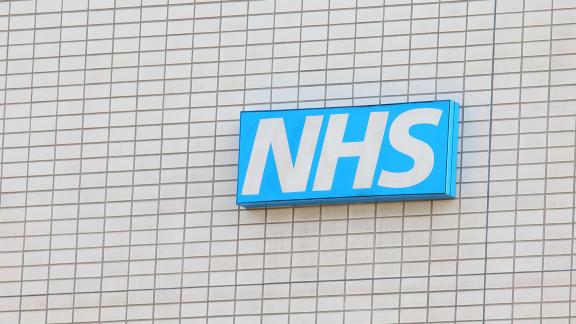What were clinical commissioning groups?

Clinical commissioning groups (CCGs) were created following the Health and Social Care Act in 2012, and replaced primary care trusts on 1 April 2013. They were clinically-led statutory NHS bodies responsible for the planning and commissioning of health care services for their local area. As of 1 April 2021, following a series of mergers, there were 106 CCGs in England. They were dissolved in July 2022 and their duties taken on by the new integrated care systems (ICSs).
CCG functions were subsumed into integrated care systems, with CCGs ceasing to exist as statutory organisations in July 2022. Until then they remained the organisations responsible for getting the best possible health outcomes for their local population.
This involved assessing local needs, deciding priorities and strategies, and then buying services on behalf of the population from providers such as hospitals, clinics, community health bodies, etc. It is an ongoing process. CCGs needed to constantly respond and adapt to changing local circumstances. They were responsible for the health of their entire population and measured by how much they improve outcomes.
CCGs were:
- membership bodies, with local GP practices as the members
- led by an elected governing body made up of GPs, other clinicians including a nurse and a secondary care consultant, and lay members
- responsible for approximately 2/3 of the total NHS England budget; equivalent to £79.9 billion in 2019/20
- responsible for commissioning healthcare including mental health services, urgent and emergency care, elective hospital services, and community care
- independent, and accountable to the Secretary of State for Health and Social Care through NHS England
- responsible for the health of populations ranging from under 100,000 to over a million, although their average population is about a quarter of a million people.
Influencing the evolving commissioning system
The commissioning system is continually evolving. The NHS Confederation represents its members’ views in national debates on the future of commissioning by producing policy briefings, influencing documents and engaging with the most senior leaders in the health sector.
One of our early influencing documents was Local solutions to national challenges (2015), which put forward a series of key “asks” to give clinical commissioners the freedoms and flexibilities they need to make even more of a difference in transforming healthcare locally.
Our publication The future of commissioning (2016) set out our vision for the future of clinical commissioning, based on feedback from our members.
More recently, Steering towards strategic commissioning (2017) outlines what CCGs need to support their strategic commissioning ambitions and get there at pace.
We followed up our 2017 publication with a joint publication with NHS Providers, Driving forward system working (2018), which examined the changing relationship between commissioners and providers in the context of system working.
Following the publication of the NHS Long Term Plan, our focus has been on influencing the future of commissioning within integrated care systems. The changing face of clinical commissioning (2019) showcases the unique perspective brought by clinical and makes the case for this expertise to be retained when developing integrated systems.
Most recently, we have published a report looking at the legacy of CCGs and what lessons can be learned from them and taken forward into the new integrated care systems. You can read our CCG Legacy report.
CCGs and NHS England
CCGs worked closely with NHS England, which had three roles in relation to them:
- assurance: NHS England had a responsibility to assure themselves that CCGs are fit for purpose and improving health outcomes.
- development: NHS England must help support the development of CCGs.
- direct commissioning: NHS England directly commissioned highly specialised services. In some cases it also commissioned primary care, though most CCGs have either full or joint responsibility alongside NHS England for this. As co-commissioners, CCGs worked with NHS England’s regional teams to ensure joined-up care.
Public health
As local authorities are responsible for public health, CCGs worked closely with them through health and wellbeing boards. They worked together to achieve the best possible outcomes for the local community by developing a joint needs assessment and strategy for improving public health.
Commissioning support units
Commissioning support units (CSUs) help provide support and services for CCGs such as finance, HR, data management, or contracting. CCGs could buy services from CSUs or to carry them out in-house, whichever they felt was most efficient and appropriate. CSUs were procured by CCGs via the NHS England Lead Provider Framework.



